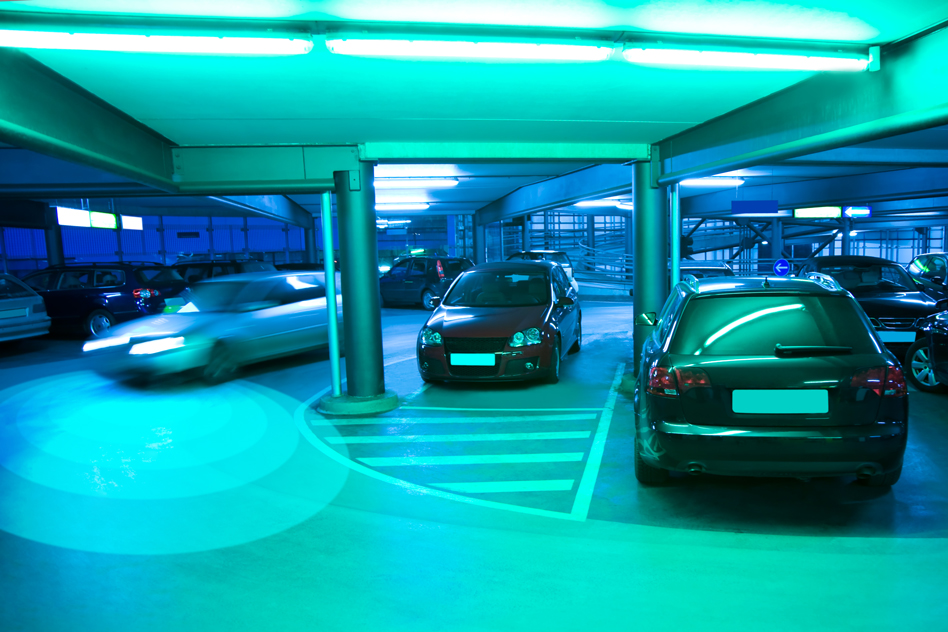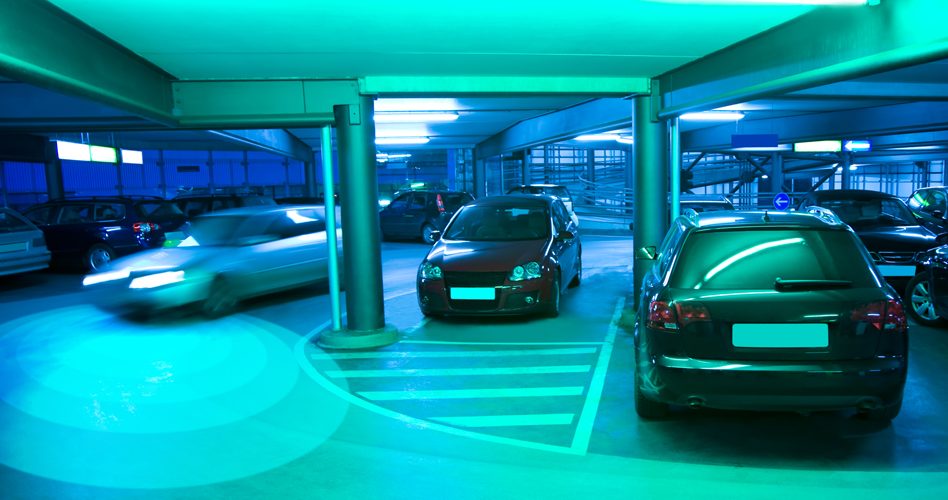
The MIT research team is developing a new technology that will support the realization of safe road driving using autonomous vehicles. To allow self-driving vehicles to look around the corners and to detect dangers while moving, where other vehicles and people are not visible.
Of course, there have been several attempts to create a camera that can look around. A typical example is a system that illuminates the inside with light from outside the room and processes the result by grasping the result from the outside of the door as the reflected result, and calculating a 3D model of an object inside the room that is not visible to humans. However, this requires a dedicated camera and hardware such as a laser. Of course, the cost of self-driving vehicles also increases.
This system is based on an early system called ShadowCam, developed several years ago. Instead of using laser scanners and X-ray technology, it uses a video camera that focuses on a specific area, the intersection of two vertical roads and paths. It detects images through a video camera.
According to MIT, the camera first detects the presence of shadows and changes in lighting conditions per frame by intelligently analyzing images taken while driving a vehicle. And using that information, it predicts the location and speed of an object that is approaching hiding near a corner. This allows autonomous vehicles to have enough time to slow down or stop. The camera-based system is also said to have outperformed existing laser-based lidar hardware for more than 0.5 seconds during testing.
It is an excellent system, but the highways and roads are not yet in place. What the research team has tested so far has been to turn off the vehicle headlights that reproduce the driving situation at night, and then run an electric wheelchair that runs autonomously in parking lots and hallways. In reality, more learning and training is still needed to consider constantly changing lighting conditions, daytime without headlights, and sunlight removing shadows and changing road surfaces. Related information can be found here .


















Add comment